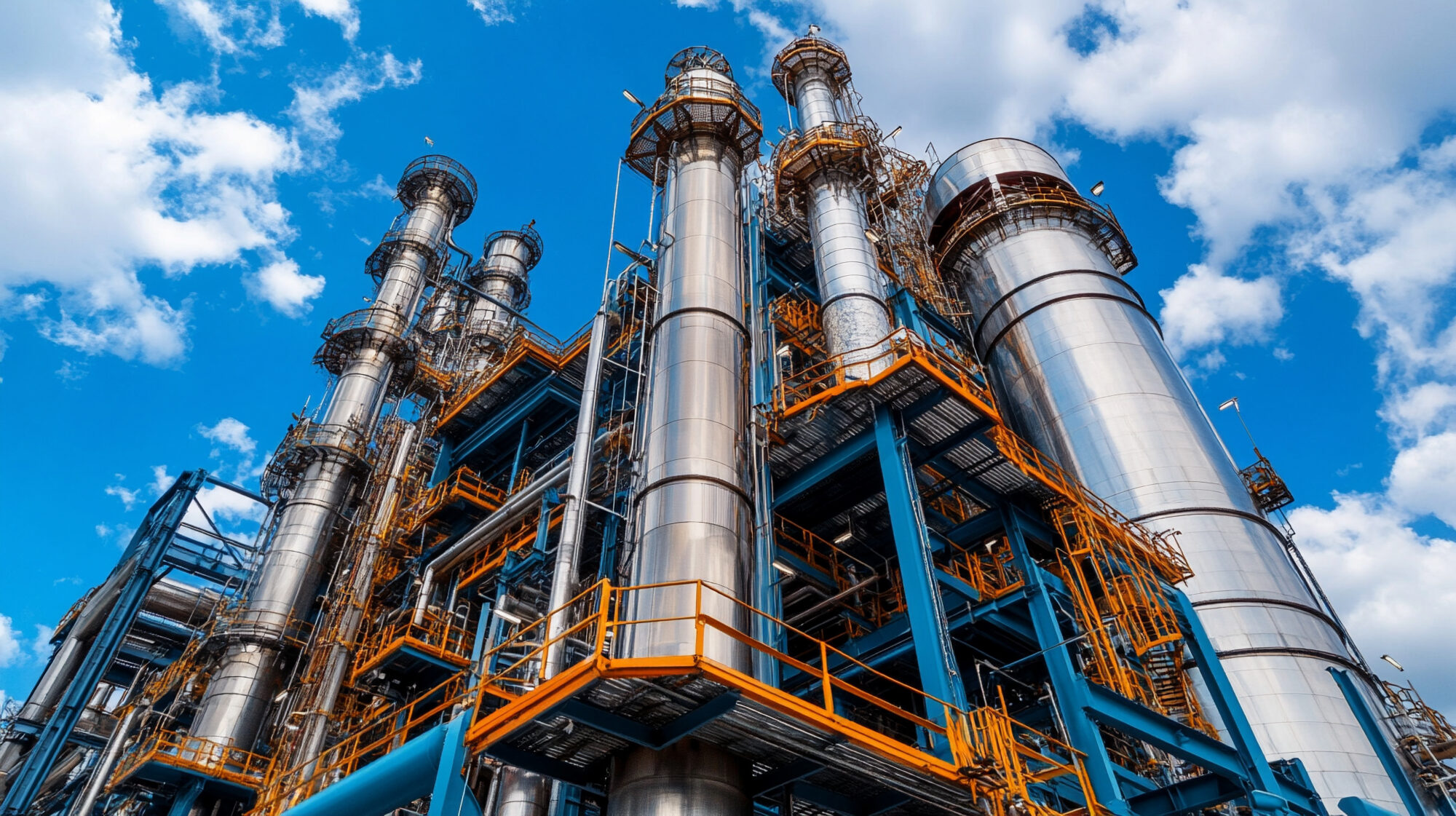Bridging the gap - how the chemical industry and sustainable aviation fuel can drive net-zero
Dr Peter Clark, Head of Chemistry & Industrial Biotechnology at Innovate UK Business Connect

The UK has its sights set on achieving net zero by 2050, but a major challenge lies in reducing carbon emissions from high-impact sectors contributing to global emissions, including chemicals and aviation. The push for sustainability is intensifying, and new government policies, including the SAF mandate, now provide an opportunity to hold these sectors accountable to green standards.
The evolving chemicals sector landscape
Chemicals are essential to daily life and are a vital part of the manufacturing base, with more than 96% of all manufactured products in the UK containing inputs from the chemicals industry. However, the sector is also responsible for 8% of total global greenhouse gas emissions relying heavily on fossil carbon as a feedstock.
There are only three alternative sources to virgin fossil feedstocks for chemicals production: biomass; recycled carbon (e.g. waste plastic, municipal waste); or carbon dioxide (from industrial processes or direct air capture). There are, however, several hurdles to overcome, including; access to feedstock, cost competitiveness and the integration of new technologies and infrastructure.
Since both SAF production and the chemical industry’s transition depend on the same limited feedstocks, a natural tension arises. Will these sectors compete for resources, or can they collaborate and drive innovation? In reality, both rely on one another – SAF cannot scale without advances in chemical processing.
The ambition of the UK chemicals industry
Through extensive stakeholder engagement with the chemical industry and innovation community, Innovate UK explored the challenges and opportunities in de-fossilising the chemical supply chain. The results are summarised in the Sustainable Carbon Ambition Report, where the chemical sector collectively set an ambitious target:
The UK chemicals industry will double economic output and will source 80% of its carbon requirements from non-virgin fossil, sustainable carbon sources. This urgent once-in-a-generation opportunity will create hundreds of thousands of highly skilled, well-paid and productive jobs in regions of the UK most targeted for growth.
– Sustainable Carbon for the UK Chemicals industry Ambition
To achieve this, the report calls for significant investment in key technologies and supply chains for biomass, recycled carbon and carbon dioxide as well as policy intervention. Low-cost renewable energy, low-carbon hydrogen, higher recycling rates, advanced point source carbon capture and regenerative farming practices will be essential. These are the same set of enablers that the SAF industry has been advocating for, and with the added momentum of the SAF mandate, it has started unlocking investment. The chemicals sector, both globally and in the UK, can learn a lot from the SAF industry.
Industry developments
We are at a pivotal moment. Investments made today in decarbonisation infrastructure and process innovation will define how we produce energy, chemicals, and fuels for decades to come. Those crucial investments will help future proof economies against the climate challenges that lies ahead.
The Department for Transport’s Advanced Fuels Fund (AFF) is already driving progress by providing funding to first-of-a-kind (FOAK) commercial and demonstration-scale projects in the UK. In 2023 Project Speedbird, a collaboration between UK start-up Nova Pangaea, LanzaJet and British Airways secured £9 million from the government’s AFF competition. The project, which aims to convert biomass into SAF, is a prime example of how breakthroughs in feedstock processing can accelerate SAF and sustainable chemical production.
Beyond biomass, Power-to-X technologies have significant potential as a future vector for both fuels and chemicals. OXCCU, a leading UK innovator, is making major advances in this area and our recent SAF Analysis continues to track other promising developments. We are currently updating this analysis so watch this space.
Looking further ahead, engineering biology is an exciting frontier. If we can harness biological processes at scale, it could unlock new avenues for sustainable production in both the aviation and chemicals sectors, supporting a shared transition to net zero.
The path to 2050: a shared vision
Net zero by 2050 requires industries to work together. Chemicals and SAF must continue to collaborate to meet shared sustainability goals and drive economic growth. These industries must leverage innovation, policy support and cross-sector cooperation to push the transition forward.
Through our Sustainable Aviation Fuel (SAF) Innovation Programme, we bring together a team of experts from diverse fields to foster a concerted approach to SAF production and adoption. To further this goal, we introduced the SAF Cafe Series. The online series serves as a platform for knowledge exchange, allowing stakeholders across the aviation and chemical industries to share innovative solutions and inspire new opportunities in SAF production. We invite you to join our upcoming SAF Cafe sessions and encourage you to explore previous episodes via the website.
Find out more about our work on the Sustainable Aviation Fuel Investment Programme page.
You can get in touch with our team of experts by emailing safenquiries@iukbc.org.uk


